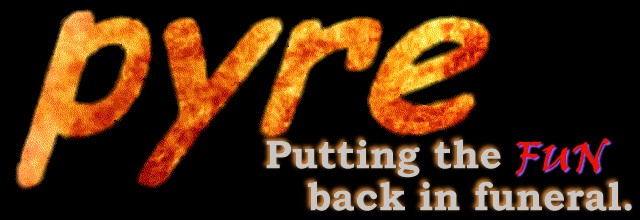These are just things I write, okay? Sometimes they're profound insights
or funny stories and I'm really proud of them. Other times it's mindless
rhetoric that I've since completely changed my mind about and am ashamed
of. But most of the time it's just words.

 Older Fun:
Older Fun:
(09/26/00)
(09/25/00)
(09/22/00)
(09/21/00)
(09/20/00)
(09/19/00)
(09/18/00)
(09/17/00)
(09/16/00)
(09/15/00)
(09/14/00)
(09/13/00)
(09/12/00)
(09/11/00)
(09/08/00)
(09/07/00)
(09/05/00)
(09/02/00)
(09/01/00)
(08/31/00)
(08/30/00)
(08/28/00)
(08/27/00)
(08/25/00)
(08/22/00)
(08/18/00)
(08/15/00)
(08/14/00)
(08/12/00)
(08/10/00)
(08/09/00)
(08/07/00)
(08/06/00)
(08/03/00)
(07/31/00)
(07/27/00)
(07/24/00)
(07/21/00)
(07/19/00)
(07/18/00)
(07/16/00)
(07/14/00)
(07/13/00)
(07/12/00)
(07/11/00)
(07/10/00)
(07/05/00)
(07/04/00)
(07/02/00)
(07/01/00)
(06/29/00)
(06/27/00)
(06/26/00)
(06/25/00)
(06/23/00)
(06/21/00)
(06/20/00)
(06/19/00)
(06/18/00)
(06/17/00)
(06/16/00)
(06/15/00)
(06/14/00)
(06/13/00)
(06/12/00)
(06/11/00)
(06/10/00)
(06/08/00)
(06/07/00)
(06/06/00)
(06/05/00)
(06/04/00)
(06/03/00)
(06/02/00)
(06/01/00)
(05/31/00)
(05/30/00)
(05/29/00)
(05/26/00)
(05/25/00)
(05/24/00)
(05/23/00)
(05/22/00)
(05/19/00)
(05/18/00)
(05/17/00)
(05/16/00)
(05/15/00)
(05/14/00)
(05/13/00)
(05/12/00)
(05/11/00)
(05/10/00)
(05/09/00)
(05/08/00)
(05/07/00)
(05/06/00)
(05/05/00)
(05/03/00)

Language Corner
Remedial Lesson: Reading
The little squiggly shapes you are looking at right now are called "letters." Each individual shape is one (1) letter, and each letter represents a different sound, except that some letters can have more than one sound depending partially on the configuration of other letters in proximity to them, and that some letters can have the same sound that another letter has, such as "C" which is about as useful as Non-Alcoholic Gin.
The first thing you're going to have to do if you want to be able to read is learn how to recognize a reasonable amount of the letters, like half of them or so. Once you can do that you should develop a method to determine what sound a letter makes in a given situation. It used to be that you also had to know the difference between "capitalized" and "lowercase" letters and when each type is used, but that all seems pretty arbitrary these days, so screw it.
Letters are grouped together in clusters called "words" and "acronyms." Words have meanings, and are the more common type of letter cluster. For example, this article has used words almost exclusively, and has used no acronyms and one (2) numbers so far. (Numbers will be covered later in Mathematics Corner, due out never.) Acronyms are just like words, except that they never mean anything.
In order to "sound out" a word so that you can speak it, read it out loud, or quote it incessantly later, simply look at the letters that constitute the word and then make the sounds of as many of them as you can recognize. This process is called "enunciation." To decipher the meaning of a word you have two options. One technique is the rote memorization of every word in the language and all of their various definitions. That would be well and good if each word only ever had one meaning and there were a total of three words in the language, four tops. But there's dozens of words in the english language, for example, and entirely too many of them have multiple meanings, so who's got the time or intellectual capacity to remember all of that? Not you, that's for sure.
Memorization is entirely too much work, especially since there's a second technique that's much more convienient: Context. You can use "context clues" to figure out what a word means. Context is the overall meaning of a sentence. Oh yeah, a sentence is a series of words ending with a little dot used to convey a thought. Be sure to read sentences side to side, not up and down. Anyway, you can use the overall meaning of the whole sentence to figure out the meanings of all the words in the sentence that you didn't know. For instance, when reading the sentence "I drank the rum." You can look at the overall message conveyed, that I drank rum, and deduce that "I" means me, "rum" is some kind of alcohol, "drank" is the past-tense form of "being drunk", and "the" probably means "a bottle of." See, it's that easy!
Congratulations, now you can read!

